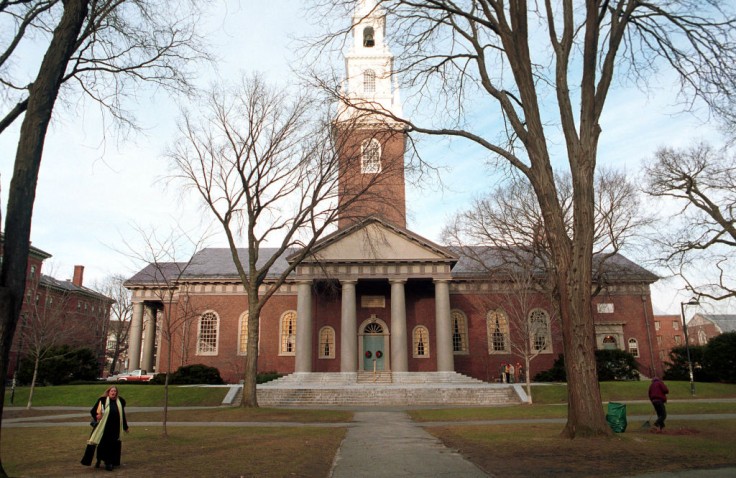Inside the Harvard Clash: How a Prematurely Sent Letter Threatened Federal Grants
By
On April 11, a letter from the Trump administration triggered a dispute with Harvard University. The letter contained demands that were soon characterized as unauthorized. Harvard officials received demands related to the university's admissions policies, curriculum, and Diversity, Equity, and Inclusion (DEI) programs. Shortly afterward, Josh Gruenbaum, a General Services Administration official and member of the White House's task force on antisemitism, contacted Harvard to explain that the letter should not have been sent and was unauthorized.
News18 reported that the letter, demanding Harvard eliminate its DEI programs, screen international students for ideological concerns, and provide detailed records within 30 days, was issued by Sean Keveney, the acting general counsel at the Department of Health and Human Services. The institution's officials described these demands as unrealistic and non-negotiable, leading to a public dispute between the university and the White House.
As the aftermath unfolded, a senior Trump administration official informed Harvard that the letter, despite being signed by three senior members and dispatched on official letterhead, had been sent without the required authorization from the Antisemitism Task Force. This unexpected communication halted ongoing conversations with the government, which Harvard had assumed held potential for a diplomatic resolution. The abrupt nature of the letter, paired with its extreme demands, led Harvard officials to believe that any chance for a compromise was off the table.
The letter's stipulations put nearly $9 billion in federal funding for Harvard at risk, forcing the Trump administration to freeze approximately $2.2 billion in grants. According to CNBC, a representative indicated, "The actions the government took this week have real consequences for students, patients, employees, and the position of American higher education in the world," reflecting the seriousness of the situation.
The New York Times described the incident as triggering a tectonic battle between one of the country's most prestigious universities and a U.S. President. With Harvard's rejection of the demands, the dialogue with the government's task force reached an impasse. Harvard stated, "It remains unclear to us what exactly the government considers 'wrong' or what it really wanted to express."
Despite the clarity later provided by administration officials, the initial letter created disruptions for both parties. The New York Times noted that the timing of the letter was not coincidental, given that Harvard had been in consultation with the government for the preceding two weeks. Whether the act was a result of premature action or a miscommunication within internal ranks of the task force remains a point of contention.
While the Trump administration has yet to comment on this sequence of events, it reflects a broader clash seen in the interaction between governmental oversight and academic independence. This episode underscores the tensions that arise when federal expectations intersect with the operations of higher education institutions, particularly concerning admissions policies and curriculum changes, notably those perceived to involve allegations of fueling antisemitism.
© 2025 University Herald, All rights reserved. Do not reproduce without permission.








